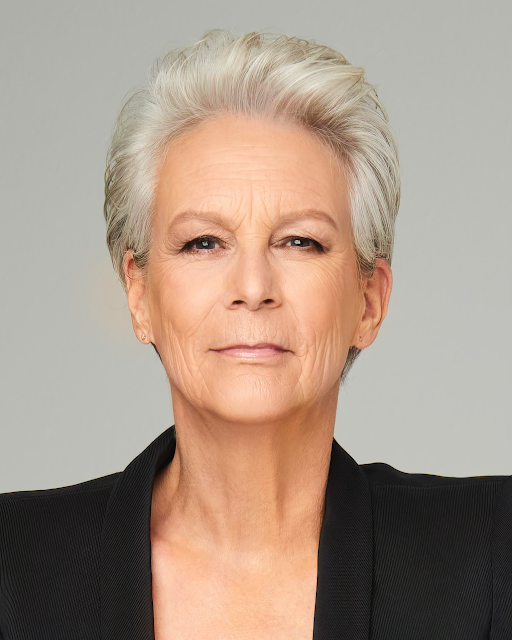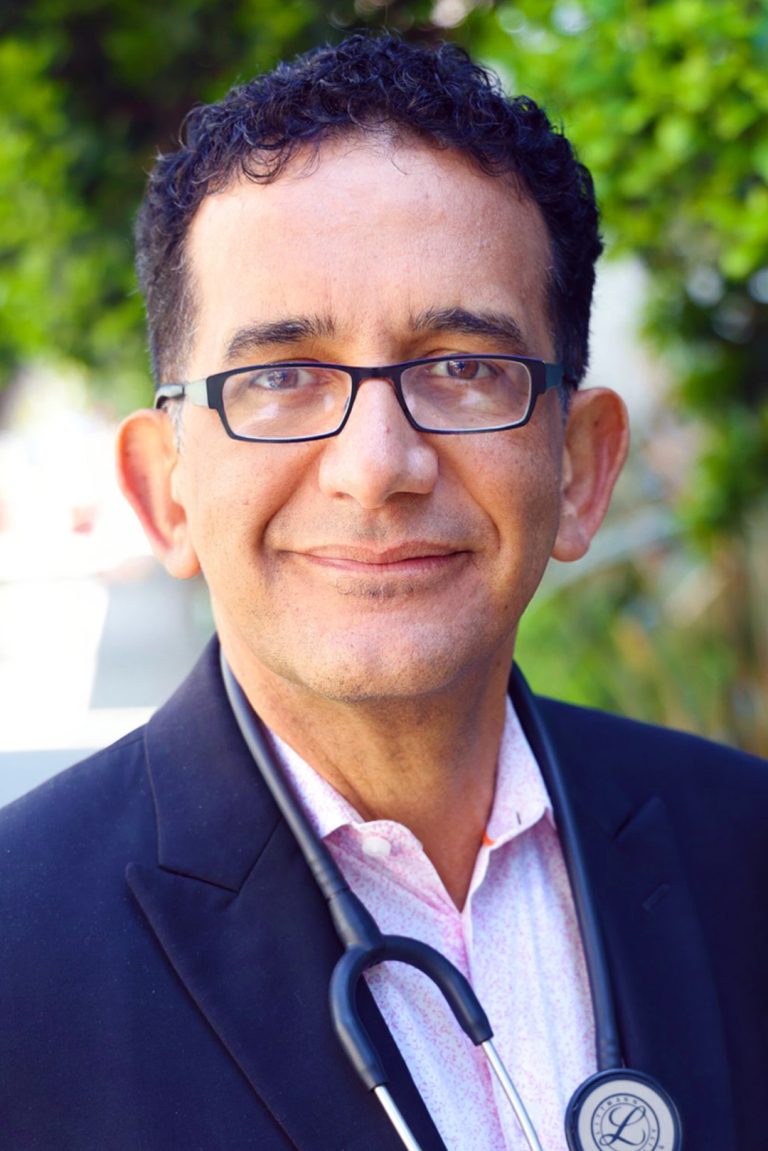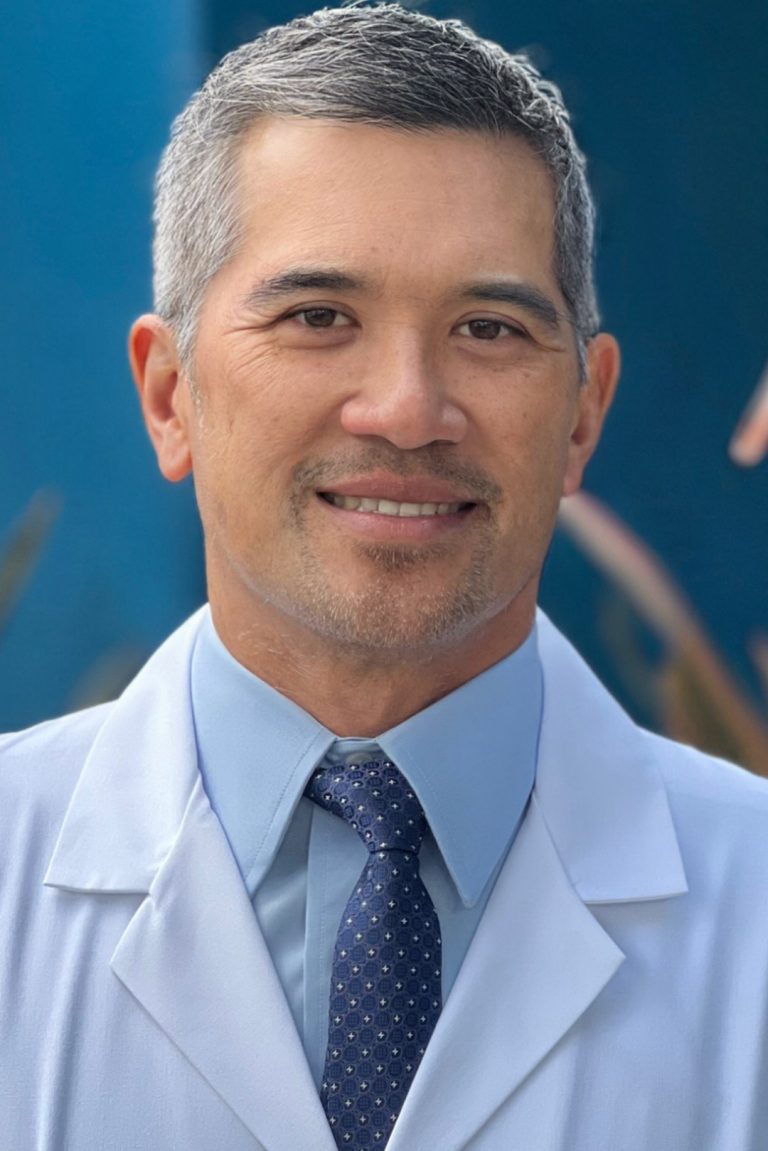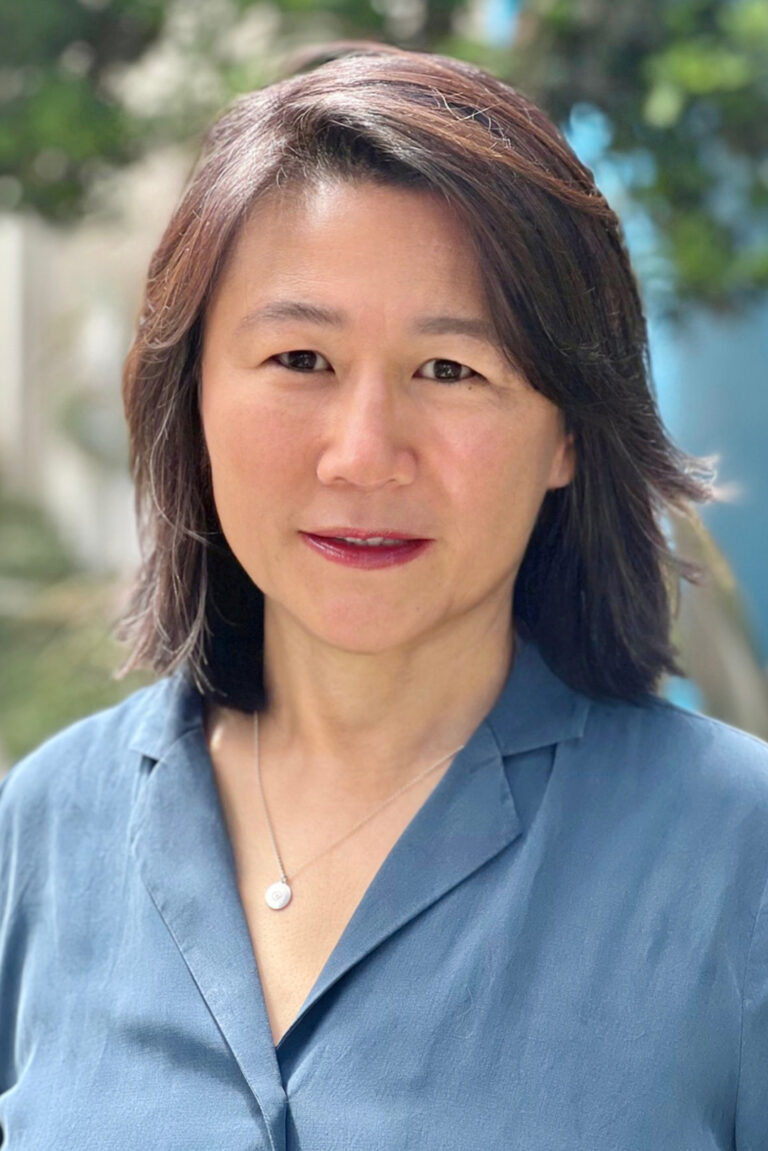Developing breast cancer is the number one concern my patients have before starting hormone therapy. There is so much confusion and misinformation regarding hormone therapy and breast cancer. My goal is to educate about the actual risk hormones play in the development of breast cancer so women can approach menopause empowered rather than with fear. I have seen even the most well-intentioned physicians be misinformed about the research on hormone therapy and the actual risk it may present to women. I hope this article helps to clarify what we know now about hormone therapy and its risk for developing breast cancer.
The fear about hormone therapy and breast cancer started in 2002 when the head of the National Institute of Health interrupted all television networks to announce that the Women’s Health Initiative (WHI) Study (a large, randomized control study which looked at the benefits and risks of hormone therapy) announced that the study was being cut short due to an increase in breast cancer. This sparked fear and panic, and rightfully so. Thousands and thousands of women were on hormone therapy at this time. No prescribing doctors had looked at the result but everyone heard this frightening conclusion. People panicked and most women stopped taking hormones. Almost 2-decades later, the Women’s Health Initiative study has been scrutinized. More studies have been done and a much better understanding of the actual risks are now appreciated. Here is what we understand today.
First, The WHI studied hormones that were not identical to our own estrogen and progesterone. The WHI used Premarin for the estrogen and Provera, a synthetic progesterone known as a progestin, as the Progesterone. What it showed was that there were 9 more cases of breast cancer per 10,000 women between the 3rd and 4th year of taking hormones. It also showed that the women taking only estrogen (so only Premarin, not Provera) actually had a lower incidence of breast cancer. Yes, women who only took estrogen had a lower risk of breast cancer than women who took estrogen with the progestin. The progestin seems to be the main culprit in the increase in breast cancer. Today, most doctors will use bioidentical Progesterone to balance the effects of estrogen in women who have a uterus. According to 3 French studies, estrogen and a bioidentical progesterone did not show an increase risk of breast cancer. After looking at all the research and understanding both the flaws and benefits of the studies, the following guidelines should be followed to use hormones in the safest way.
- Start hormone therapy within the first 5- years of Menopause and before age 60.
- Use transdermal estrogen (patch or cream) to minimize inflammation. Oral estrogen has a more inflammatory component and increases the risk of strokes. This increase is most significant after the age of 60.
- Progesterone should be given orally for the best uterine protection. Only use bioidentical Progesterone. Avoid synthetic progestins. Bioidentical Progesterone include Prometrium and compounded oral Progesterone.
- I recommend getting a baseline Mammogram before starting hormone therapy and then every 1-2 years. I also like to get a baseline pelvic ultrasound to assess the uterine lining before initiating hormone therapy and then every 1-2 years.
These are the points I discuss with women when addressing their concerns about breast cancer and hormone therapy. I also discuss that even if we were to take the results of the WHI that showed 9 more cases of breast cancer per 10,000 women this would equal roughly 1 more breast cancer patient per 1000 women after roughly 3-years of therapy. With the more recent studies that showed human identical Progesterone does not increase breast cancer risk, it may be fair to say anywhere between 0-1 extra breast cancer patient per 1000 women per year. This risk is slightly greater than that observed with one daily glass of wine but less than two glasses of wine a day, and similar to the risk of not exercising or being overweight. To some women this potential risk is too great. For others, their quality of life is greatly enhanced on hormones, so this risk is worth it. So, the conversation has to be individualized and nuanced. I find that once women appreciate where we are with the research and understand all the risk and benefits, they are able to make the best decision for themselves. Women should enter menopause empowered with knowledge so that the very best decision regarding hormone therapy can be made.
Dr. Maggie Ney is a Naturopathic Doctor and Director of the Women’s Clinic at the Akasha Center for Integrative Medicine. She specializes in hormones and health aging and loves to help women develop individualized protocols to optimize their health and the aging process.



















